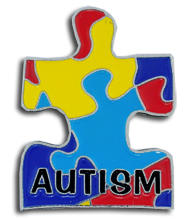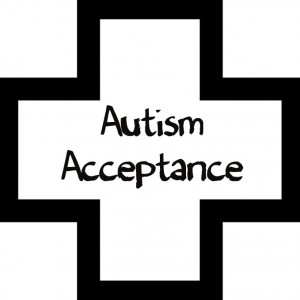Autism Interview #19: Lana Grant on Advocating for Autistic Mothers
Lana Grant is a specialist advisor and advocate for people with autism and their families. Lana has worked within the field of autism for nearly twenty years. Lana specializes in autism and females, particularly pregnancy and motherhood. Her book “From Here To Maternity, pregnancy and motherhood on the Autism Spectrum” was published in March 2015 by Jessica Kingsley publishers and is the only book that focuses on this issue. Lana is a trained birth partner (doula) specializing in supporting pregnant women on the autism spectrum and their partners. Lana has recently contributed to the Scottish Autism Right Click Women and Girls Programme. She is a passionate advocate for female empowerment and speaks for the NAS and other organizations about female issues. She also has a diagnosis of Asperger syndrome.
This week Lana shared with me some of her background and advocacy work for mothers on the spectrum.
…






